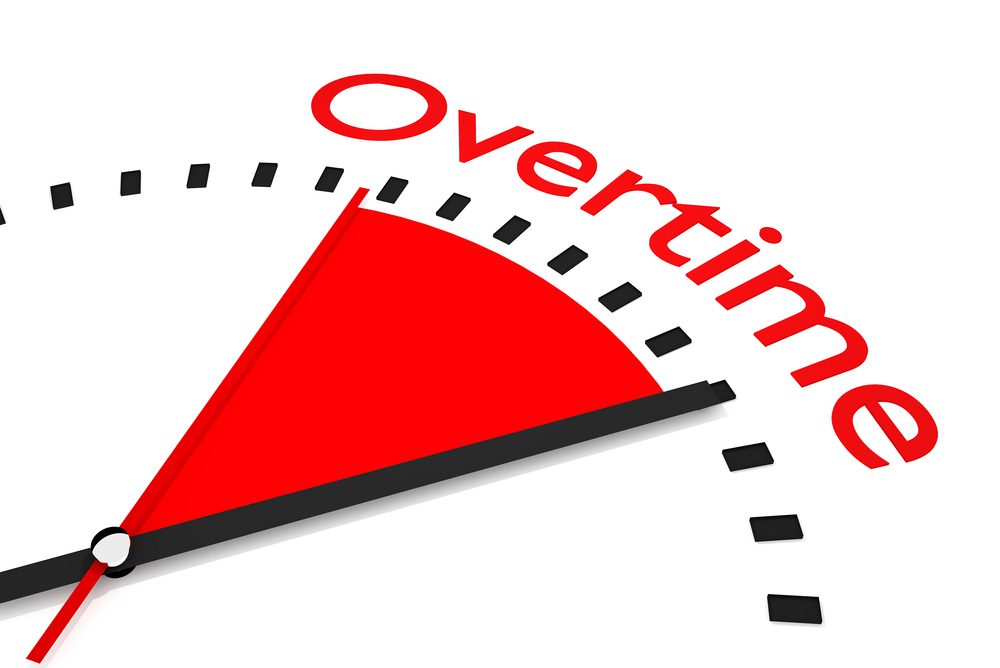
If you haven’t already heard the news, the Obama administration has recently authorized a sweeping overhaul to the nation’s overtime rules and regulations — a change that will reportedly affect 4.2 million salaried workers and potentially millions more.
This change is by no means a small one and will affect workers from the restaurant industry to those in the academic research field. But what does this new overtime rule mean for marketing agencies?
New Overtime Legislation
According to the U.S. Labor Department, the new overtime rule mandates that any salaried employee making under $47,476 a year must receive time-and-a-half pay for any labor beyond 40 hours per week. This new threshold is double the current limit of $23,660, and probably explains why you haven’t made any overtime pay this year (or ever).
The new rule change is authorized under the Fair Labor Standards Act, part of the New Deal-era legislation designed to protect and strengthen the American middle class. Whereas more than 60 percent of salaried workers were eligible for overtime pay in 1975, today a mere 7 percent of salaried workers are eligible for overtime.
Advertising Often Means Long Hours and High Job Stress
As those of us in the industry know well, advertising is one of the more stressful fields to which to work. Compared to other industries, employees at marketing agencies often work long and irregular hours in order to complete projects and make deadlines — it’s no wonder advertising jobs regularly rank in the top 10 for career stress.
These new overtime regulations may not relieve the stress of working in advertising, but they could ensure that you’re at least getting paid for all that late night and weekend work — especially since a large percentage of employees at marketing agencies in the U.S. currently make less than the new $47,476 salary cut-off.
What’s Next for Ad Agency Higher-Ups?
While these new overtime rules are great news for millions of employees, they present the ad agency higher-ups with a dilemma: cut back on employees’ hours or pay the price.
Opponents of the legislation argue it will force marketing agencies to demote currently salaried workers back to hourly status, potentially stripping them of their health care and other benefits. Other people think agencies will cope with the changes by laying off some of their salaried staff.
Proponents of the legislation, however, see it this way: salaried employees are either going to get more money or have more time to spend with their friends and families. Instead of encouraging lay-offs, proponents argue the new legislation could encourage employers to hire more workers instead of paying time-and-a-half to their current employees.
For an industry with an already higher-than-average growth rate, this could make for even more opportunities for those working in the adverting industry.
The new rule change goes live December 1, 2016. Until then, marketing agencies must face the ultimatum: to cut back on all those nights and weekends hours — or pay the price.


